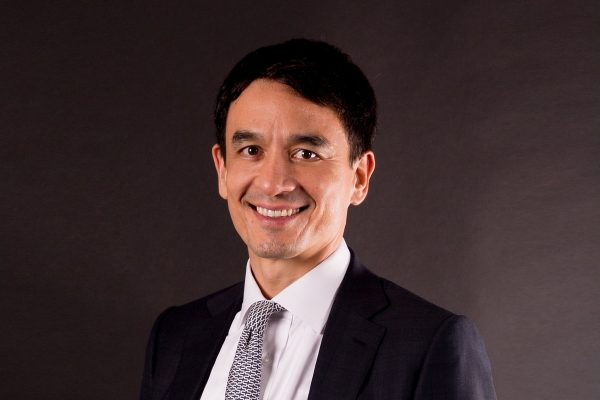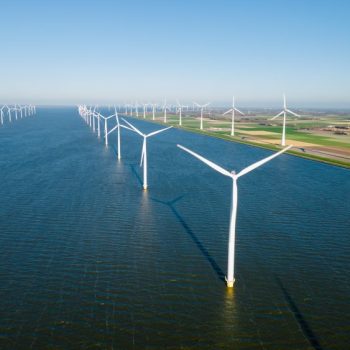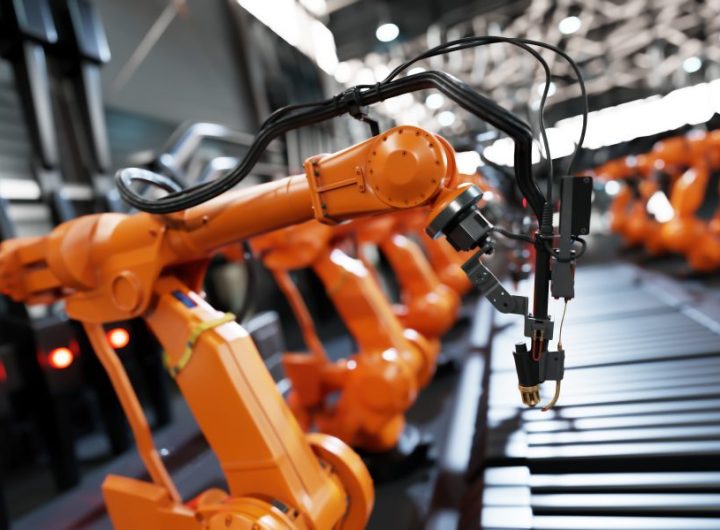
With the accelerating pace of change, businesses have a lot of things to consider. Few have been so proactive to ensure they’re in charge of their own destiny as BW Group by investing across the energy value chain.
On taking the reins from his father, Oxford- and Harvard-educated Andreas Sohmen-Pao has set about reengineering the business of shipowning. Arguably only Soren Skou at Maersk has appreciated more the importance of going vertical in shipping sectors. Sohmen-Pao appreciated earlier than most that the old fashioned notions of shipowner and charterer have passed. Indeed as shipping digitises further, it becomes ever harder for shipowners to differentiate themselves.
In essence shipowners are purely investors today, something Sohmen-Pao worked out quicker than others, investing in top CEOs to head up each silo of his business empire, reporting to him whereby he can conduct matters from the top.
Sohmen-Pao, chairman of BW as well as chair of the Singapore Maritime Foundation, tells Maritime CEO: “Environmental issues mean that one needs to have the right assets for the future: the right ships to meet future cargo demand, and the right ships in terms of propulsion and carbon footprint.”
BW Group has made its position clear on the future fuels debate with Sohmen-Pao revealing his company is looking at methanol, ammonia as well as biofuels on its path towards decarbonisation. It has made some clever investments to back up this move to alternative fuels. For instance, Hafina, the Michael Skov-led product tanker arm of the BW Group, is investing in a methanol production facility, fixing a 19-year deal to ship the product around the globe too. Similarly, BW Group has recently become a major shareholder in Ductor, a European biogas producer.
Regulatory changes mean that shipowners need the technology to be able to measure and optimise performance, Sohmen-Pao points out in conversation with Maritime CEO. On top of that, changes in availability and cost of financing mean that owners will need to have a resilient capital structure for the future.
When it comes to managing the global fleet, technology will allow data capture and analysis that opens up a wide range of possibilities. These include fuel and emissions management, predictive maintenance, safety mechanisms, remote surveys and transparency with customers and regulators, Sohmen-Pao says, warning: “Companies which don’t embrace this development could be left behind.”
However, above all else, companies need the right talent to adapt to these trends and new technologies, Sohmen-Pao argues.
BW Group controls a fleet of over 420 ships transporting crude oil, oil products, and dry commodities, and comprises one of the largest gas fleets in the world.
You could find more about this article on the website splash247.com HERE
You could read more about Blue Green World Here, about Publishing World News Here, about You read, we publish Here













